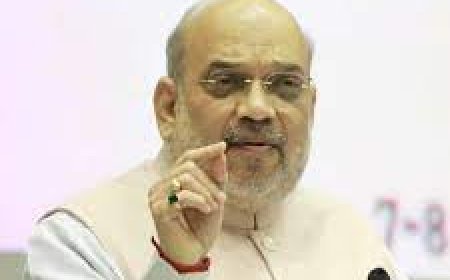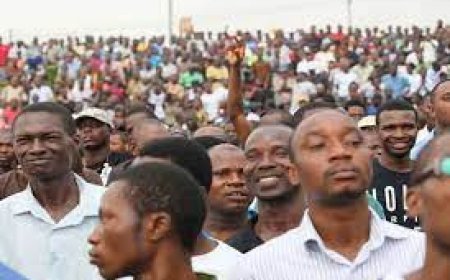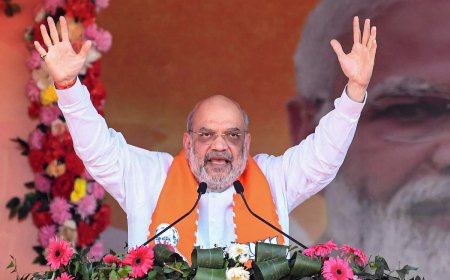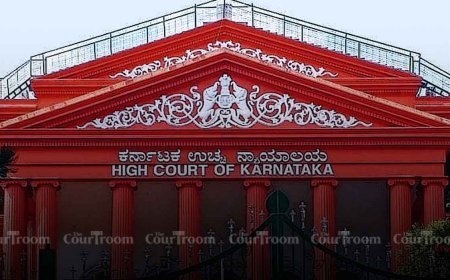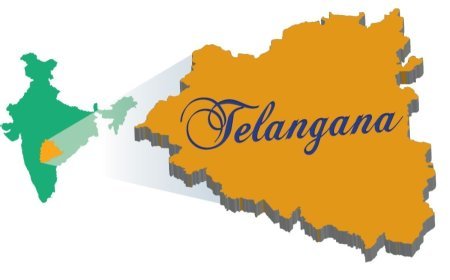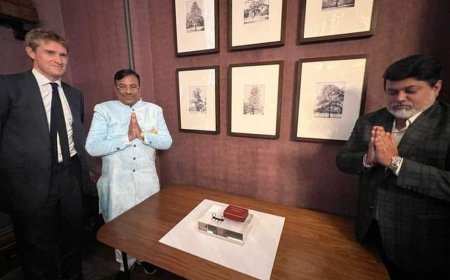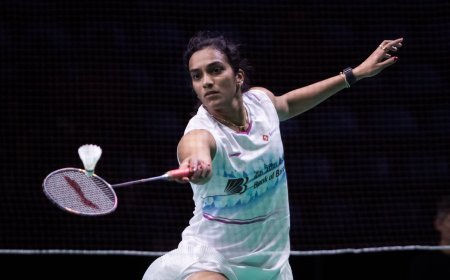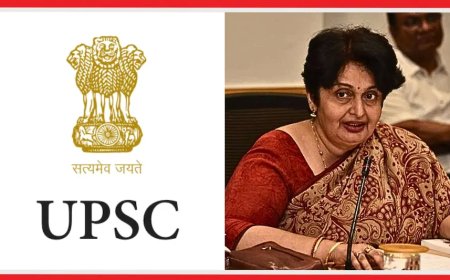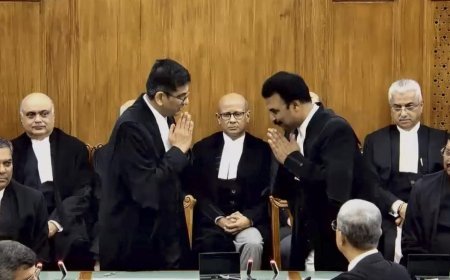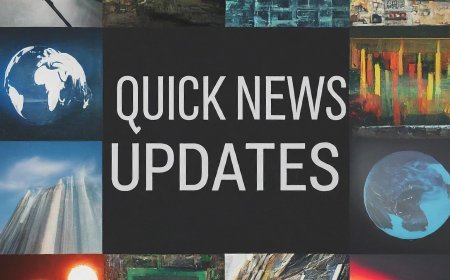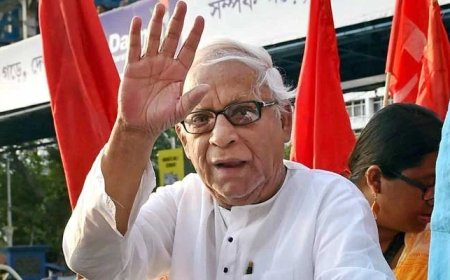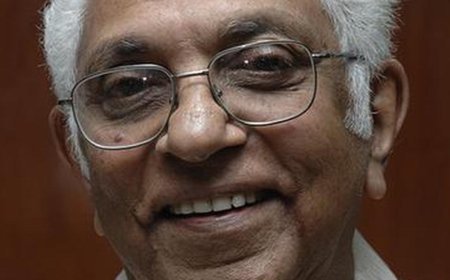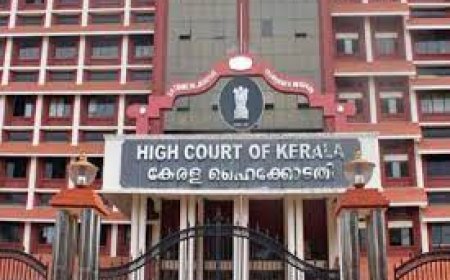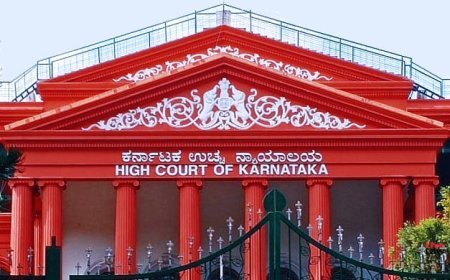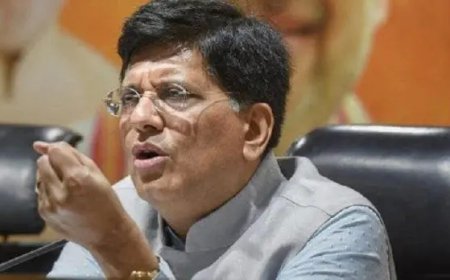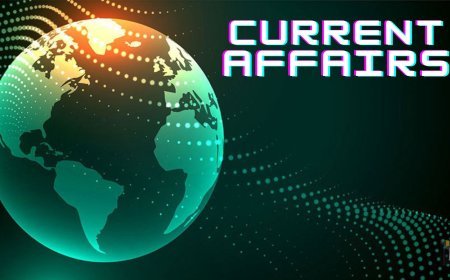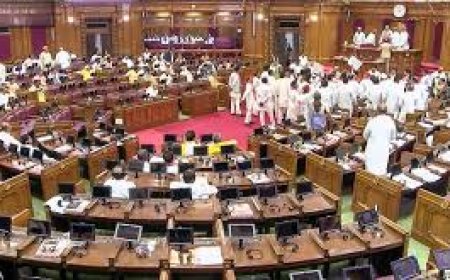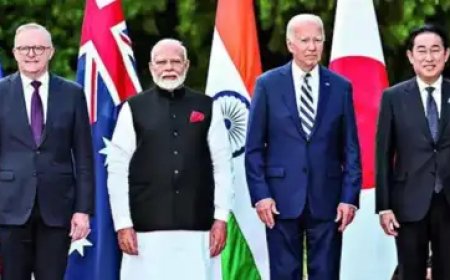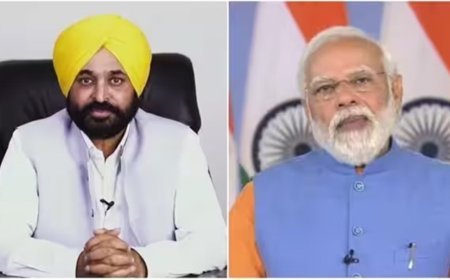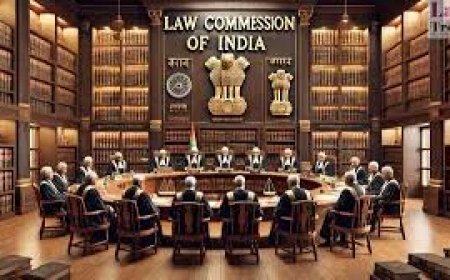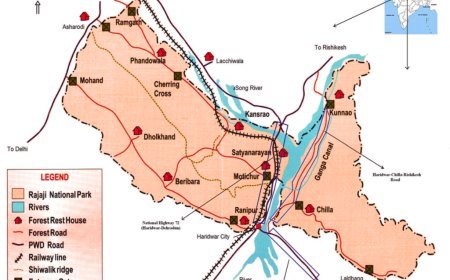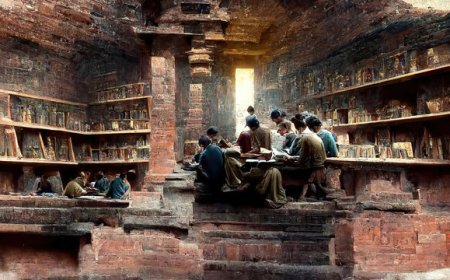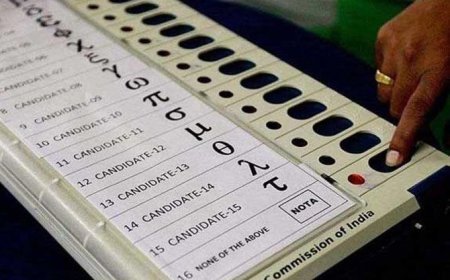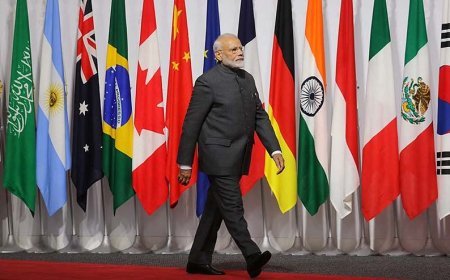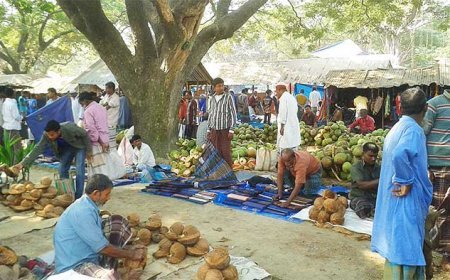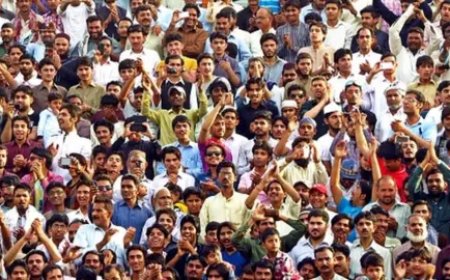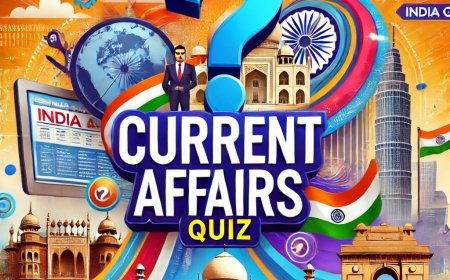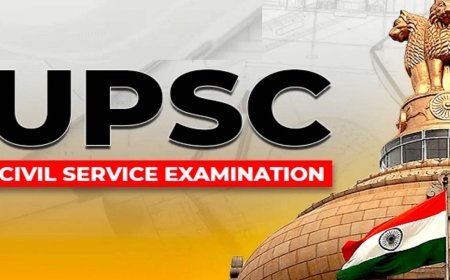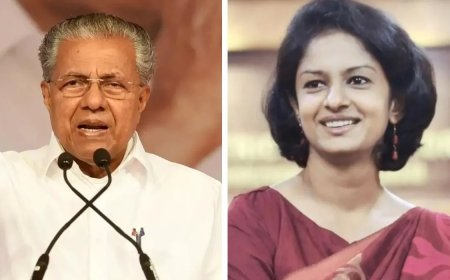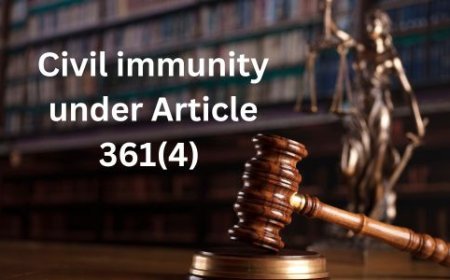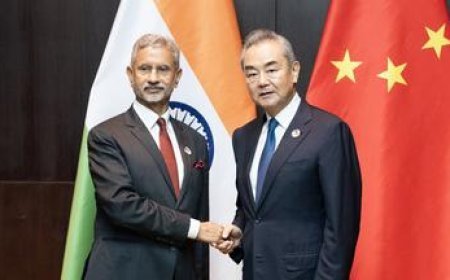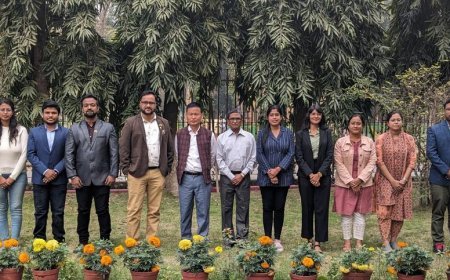Lateral Entry for IAS Posts: Why it Has Sparked Controversy?

Lateral Entry for IAS Posts: Why it Has Sparked Controversy?
The Union Public Service Commission (UPSC) issued an advertisement to recruit 45 individuals for key positions in various Central Ministries through lateral entry. These positions, which include joint secretary, director, and deputy secretary roles, were to be filled by September 17, 2024. The lateral entry system is intended to bring in domain experts and professionals from outside the traditional bureaucratic setup to fill specialized roles in government.
Information
- What is Lateral Entry?: Lateral entry refers to the recruitment of professionals from outside the traditional civil services into government roles, particularly in mid or senior-level positions. This approach aims to infuse specialized knowledge and expertise into the administrative framework.
- Details of the Advertisement: The positions advertised span various sectors such as emerging technologies, environment policy, fintech, cybersecurity, and renewable energy, among others. Candidates from both the private and public sectors were eligible, with those from the private sector being hired on a contract basis and public sector employees being posted on deputation.
- Background and Implementation: Lateral entry into government roles was first implemented by the Modi government in 2018, though the concept was initially recommended by the Second Administrative Reforms Commission in 2005. To date, 63 appointments have been made through lateral entry.
Effects
- Criticism and Controversy: The proposal has sparked significant controversy, particularly from opposition parties and civil service representatives. Critics argue that lateral entry bypasses the established reservation policies designed to ensure representation for Scheduled Castes (SCs), Scheduled Tribes (STs), Other Backward Classes (OBCs), and Economically Weaker Sections (EWS).
- Impact on Reservation Policies: Opposition leaders, including Congress president Mallikarjun Kharge and Rahul Gandhi, have accused the government of undermining reservation by filling these posts without adhering to the usual quota systems. They argue that this could lead to reduced representation for marginalized communities in government positions.
Possible Way Forward
- Review of Recruitment Norms: In response to the controversy, the government has indicated that it will review the norms for recruitment from outside the government, with a focus on ensuring equity and social justice. This review could lead to adjustments in the lateral entry process to address the concerns raised about reservation.
- Balancing Expertise and Representation: Moving forward, it is crucial to balance the need for specialized expertise in government roles with the principles of social justice and representation. This could involve creating more transparent and inclusive processes for lateral entry, ensuring that reservation policies are not circumvented.
Other Instances and Effects
- Lateral Entry in Other Countries: Lateral entry is a common practice in countries like the United States, the United Kingdom, and Australia, where professionals move between government roles and the private sector. However, this "revolving door" model has faced criticism for potential conflicts of interest and the influence of corporate interests on public policy.
- Historical Context in India: The lateral entry system in India has been met with resistance in the past, particularly due to concerns about its impact on the traditional civil service structure and reservation policies. The current controversy is part of a broader debate on how best to integrate specialized expertise into government while maintaining fairness and representation.
Conclusion
The proposal for lateral entry into senior government positions has ignited a heated debate in India, reflecting broader concerns about social justice, representation, and the integrity of the civil services. While the need for domain expertise in government is clear, it is essential that any recruitment process upholds the principles of equity and does not undermine the established reservation policies. As the government reviews the lateral entry norms, it must find a way to balance the inclusion of external experts with the need for fair representation in the civil services.
What's Your Reaction?









